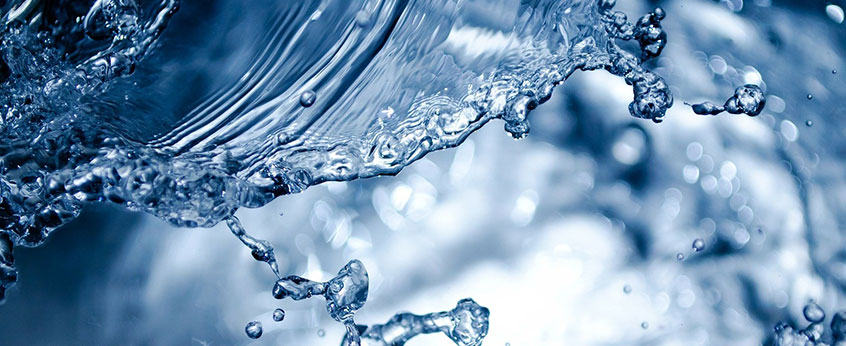Become a Know-It-All With These Water Service FAQs
Home water quality is often one of the last things homeowners give thought to. But it should be one of the first, since it greatly affects your family’s health. Discover why your home might need a water softener, why your water bills are on the rise, and what all the buzz is about reverse osmosis. Our professional plumbers cover it all and more in these water service FAQs.




